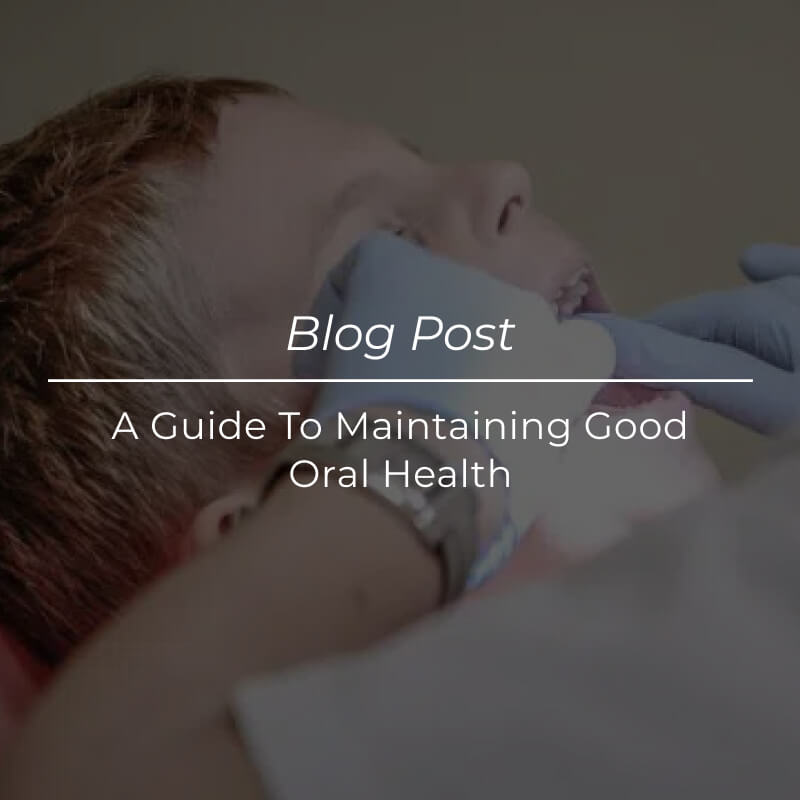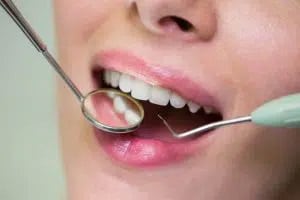-
Mon- Sat 08:00-18:00
-
Call Us Now 1300 99 1300

It’s easy to take your dental health for granted. However, this mistake can cost you a lot in the long run. Even if you have good teeth today, there are always more steps to be taken to prevent dental issues from arising in future!
Maintaining good oral hygiene is just as important as keeping your overall health. Many people take care of their teeth by following an appropriate routine, but others don’t think about it!
Remember that good oral health is vital to overall wellness and should be a priority for everyone, whether adults or children. Here’s how you can take care of your pearly whites:
Brushing your teeth before bed is an essential part of good dental hygiene. It’s crucial to eliminate any plaque or bacteria that may have built up throughout the day and may affect your teeth when sleeping.
Brushing your teeth the right way to maintain good oral health is essential.
To brush your teeth correctly:
– Use a pea-sized amount of toothpaste on your toothbrush.
– Aim the toothbrush at a 45-degree angle towards the gum line and use gentle circular motions.
– Be sure to brush on the inside surfaces of your teeth and use a back-and-forth motion for cleaning the chewing surfaces of your molars. Do not apply too much pressure on your teeth.
– Spit out the toothpaste after brushing and rinse your mouth thoroughly.

Flossing is recommended daily, just like brushing. When you floss, you remove plaque and bacteria between your teeth, gum line, and other places your toothbrush cannot reach.
To floss correctly:
– Use about 18 inches of floss, and wind most of it around each middle finger, leaving about an inch of floss to work with.
– Hold the floss tightly between your thumbs and index fingers.
– Gently slide the floss up and down between each tooth. Be sure to go under the gum line.
– Use a clean section of floss for each tooth.
– Rinse your mouth with water when you are finished.
Mouthwash is a great way to remove plaque and bacteria from your mouth, and it can also help to freshen your breath. Pick a mouthwash with fluoride. Ensure to swish the mouthwash around in your mouth for 30 seconds before spitting it out. It it best to use mouthwash at least once a day after brushing and flossing.
Preferably, visit your dentist once every six months for a professional cleaning and check-up. Your dentist will be able to spot any problems early on and can give you tips on how to improve your oral hygiene.
Apart from the tip given above, there are a few other things you can do to maintain good oral health:
– Eat a healthy diet: Eating a balanced diet is good for your overall health and can help keep your teeth and gums healthy. Be sure to eat plenty of fruits, vegetables, and whole grains. Also, refrain from having too many sugary snacks and drinks.
– Quit smoking: Smoking is terrible for your overall health and can lead to gum disease and tooth decay. If you smoke regularly, you may cut down on the number of smokes first and eventually aim at quitting the habit altogether.
– Use dental products: There are a variety of dental products available that can help you to maintain good oral health. These products include toothpaste, mouthwash, floss, and dental picks. Be sure to choose products that contain fluoride.
– Wear a mouthguard: If you play sports, it is essential to wear a mouthguard to protect your teeth from injury. Mouthguards can also help to prevent grinding your teeth at night.
– Avoid biting your nails: Biting your nails can damage your teeth and gums. If you bite your nails, be sure to brush and floss afterwards to remove any bacteria or debris that may have been transferred from your nails to your mouth.
– Get sealants: Sealants are a thin coating applied to the chewing surfaces of the back teeth. Sealants protect teeth from decay by keeping food and bacteria from getting into the tiny crevices of the teeth.
We at Care Family Dental Toorak want to help you look after your oral health better. This is why we provide quality teeth cleaning services at affordable prices. In addition, you may book a regular dental check-up with our team to get your teeth examined and some personalised tips on caring for your teeth. Call us on (03) 9826 3633 or drop an email at to book an appointment.
There are many reasons why maintaining good oral hygiene is essential. One of the most obvious reasons is that it helps to keep your teeth and gums healthy. Brushing and flossing regularly remove plaque – a sticky film of bacteria – from your teeth, thus helping prevent cavities and gum disease.
Maintaining good oral hygiene isn’t just about preventing dental problems, though. It can also impact your overall health. For example, some research shows gum disease is linked to increased stroke, heart disease, and diabetes risk. Additionally, poor oral hygiene increases the chances of respiratory infections such as pneumonia.
It would be best if you went to your dentist at least once every six months. Visiting your dentist more often may be necessary if you have dental problems. The primary purpose of regular dental visits is to help prevent cavities and other dental problems. During a typical check-up, your dentist will:
– Look for any signs of tooth decay and damage
– Check the health of your gums and teeth
– Remove any plaque or tartar that has built up on your teeth
– Polish your teeth to remove any surface stains
– Discuss any oral health concerns you may have
It’s not just sugar that’s bad for oral health, but any food high in carbohydrates. When you consume foods high in carbohydrates, the bacteria in your mouth feast on them and create harmful acids damaging your teeth.
The sugars in candy and other sweets are especially harmful because they linger in your mouth, providing a constant feast for the bacteria. This may lead to tooth decay and other oral health problems. To protect your teeth, brush them regularly and floss them at least once daily. Go to your dentist 2 times a year for check-ups and cleanings.








